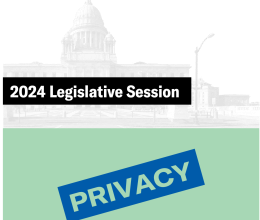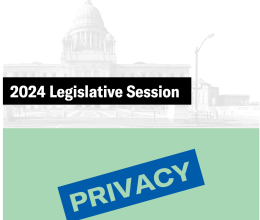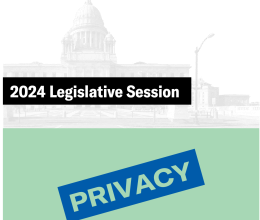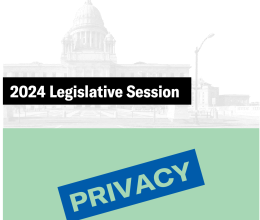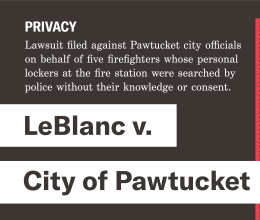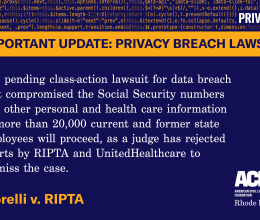The ACLU of Rhode Island today applauded the U.S. Supreme Court’s unanimous decision this morning that police generally must seek a warrant before examining the contents of an arrestee’s cell phone. Two years ago, the RI General Assembly overwhelmingly approved a bill that would have essentially codified the principle the Court enunciated today, but Governor Lincoln Chafee vetoed that legislation in a cursory veto message.
ACLU of RI executive director Steven Brown said in response to the court decision:
“Today’s court ruling confirms the critical privacy interests we all have in the contents of our cell phones. By requiring police to obtain a warrant in order to conduct such an intrusive search, the court has recognized that the Fourth Amendment must keep pace with technological advances in order to preserve our privacy.
“As we all know, cell phones today contain a vast array of private information. Personal texts, emails, photos, phone numbers, contact lists, working papers, and confidential sources of a news reporter may all be stored on one’s cell phone. Allowing police to rummage through its contents without a warrant simply because of an arrest would have encouraged police to go on fishing expeditions at great expense to our basic notions of privacy.
“It is worth noting that in 2012, the General Assembly was ahead of the curve on this issue. That year, legislators overwhelmingly passed a bill introduced by Rep. Edith Ajello that codified the court decision’s principles into law. Although the bill was supported by a broad range of organizations – including the ACLU, the RI Press Association, the Public Defender and the RI Tea Party – Governor Chafee unceremoniously vetoed the bill, essentially leaving it up to the courts to protect Rhode Islanders’ electronic privacy rights only to the extent required by the Constitution. We are pleased that Justice Roberts and the other members of the Supreme Court have protected privacy in a way the Governor would not. We hope the ruling will encourage the General Assembly to once again take the lead next year and strengthen residents’ privacy protections in other ways for the digital age.”

